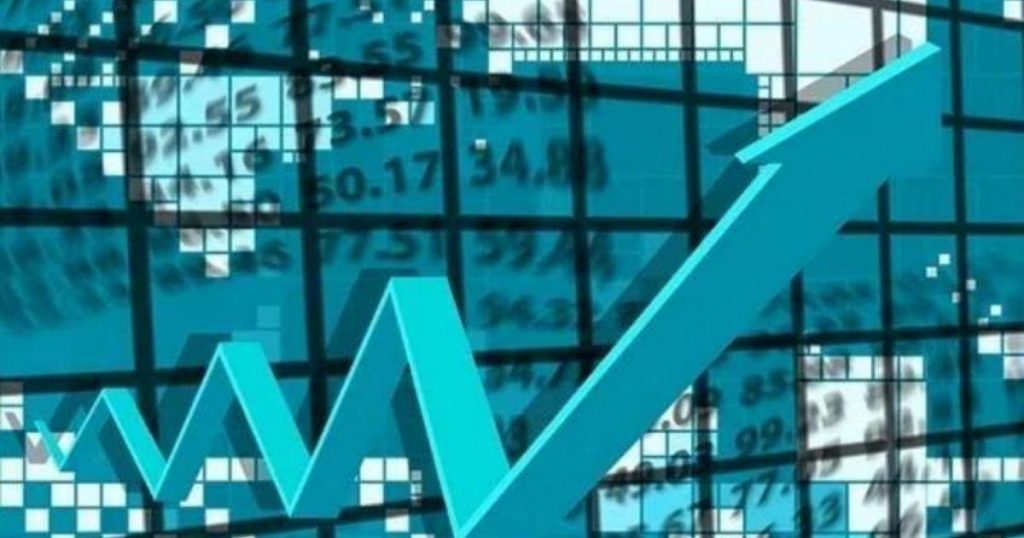European stock exchanges closed with mixed results: Milan ended the week slightly positive at +0.12%, while London also closed above parity. On the other hand, Paris and Frankfurt finished in negative territory. Wall Street showed different trends in the last session of the week, with the Dow up by +0.4% and the Nasdaq losing nearly one point, marking the fifth consecutive session of losses for the US technology index. Market tensions were high today following the overnight attack on Iran, but as the hours passed, the tension eased slightly. Oil prices initially rose by 3% to over $90 a barrel, but have since settled at $87.4, slightly above the previous day’s levels. Gas prices also experienced a change, reaching over 33 euros per megawatt-hour this morning, the highest since January, but are now slightly lower at less than 31 euros. Gold, a traditional safe-haven asset, is up at $2394 per ounce. The euro has seen a slight increase against the dollar, reaching 1.067.
The impact of the overnight attack on Iran was felt across global markets, with oil prices surging and investors anxiously monitoring developments in the region. The possibility of Iran closing the strategic Strait of Hormuz, a key passage for global liquefied natural gas trade, added to market uncertainties. While initially spiking, oil prices eventually stabilized at a level below $90 a barrel. Gas prices also saw a temporary increase, reaching a peak not seen since January, but have since retreated. Gold, typically seen as a safe-haven asset in times of geopolitical tensions, saw an increase in demand, pushing prices higher. The euro strengthened against the dollar, reflecting the overall market sentiment.
In the European stock exchanges, Milan closed the week with a slight positive result, while London ended above parity. However, Paris and Frankfurt finished in negative territory, reflecting the mixed sentiment in the markets. Wall Street also showed a divergence in trends, with the Dow posting gains while the Nasdaq recorded losses, marking a continuous decline for the technology index. The tensions in the market following the Iran attack and the uncertainty surrounding oil and gas prices added to the overall volatility. Investors were closely monitoring the situation and assessing the potential impact on global markets.
The fluctuations in oil and gas prices, driven by the tensions in the Middle East, had a ripple effect on the energy markets. The possibility of disruptions in the global supply chain due to the Strait of Hormuz closure raised concerns among traders, leading to price spikes. The uncertainty surrounding the situation added to the market volatility, with investors on edge about the potential risks and opportunities. Gold, which is traditionally considered a safe-haven asset in times of geopolitical turmoil, saw increased demand, pushing prices higher. The euro’s slight increase against the dollar reflected the overall market sentiment and investor preferences in the face of uncertainties.
Overall, the market reaction to the overnight attack on Iran highlighted the interconnectedness of global markets and the impact of geopolitical events on financial assets. The mixed results in European stock exchanges and the divergent trends on Wall Street reflected the cautious sentiment among investors. The fluctuations in oil, gas, and gold prices underscored the market’s sensitivity to geopolitical risks and uncertainties. As the situation continued to evolve, investors remained vigilant and adjusted their strategies to navigate the volatile market conditions. The euro’s strength against the dollar reflected the shifting dynamics in the currency markets and the broader market sentiment in response to the geopolitical developments.


